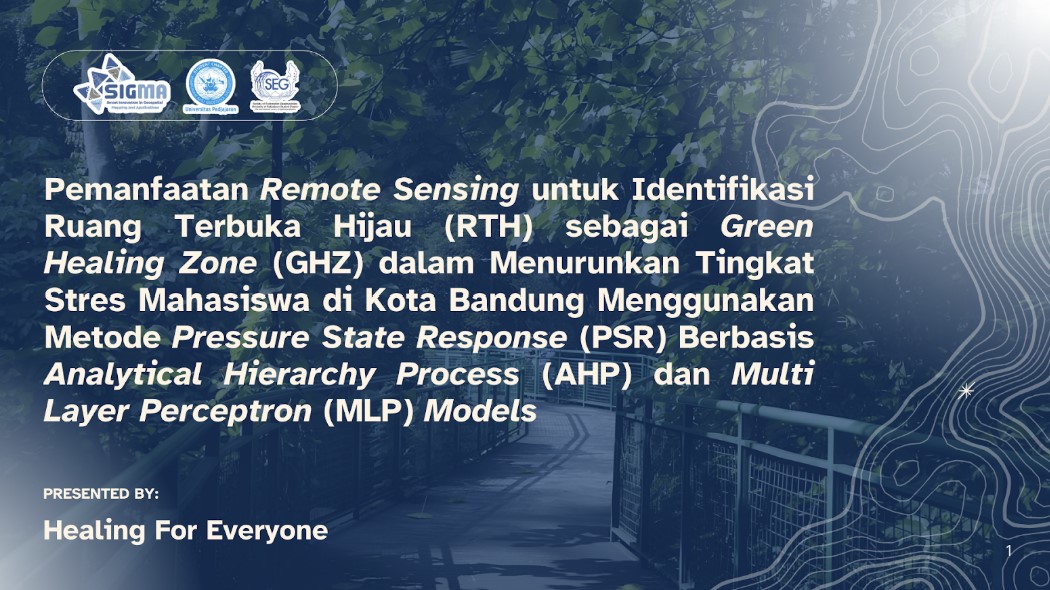Green Grow: A Public Education Presented by ITB Students
By Adi Permana
Editor Adi Permana
 Tri Dharma
Tri Dharma
|
BANDUNG, itb.ac.id –Committing to community services is one of the values listed in the of Higher Education; students are expected to pass down their learned knowledge to society. Hence, several ITB students decided to educate the public on minimizing the effects of global warming through environmentally friendly agriculture. |
|
This teaching program was part of the KU 4093 study course that focus on character building. It was held last October via online and offline means. In the offline session, each student from their designated team taught nearby locals about the topic raised from the community service. |
|
The team consisting of 11 members was led by Hana Halimah (Biology ’19) and supervised by Dr. Epin Saepudin, M.Pd. (FAD professor) together with Nike Lusiyani, S.T. (assistant). |
|
In the online webinar session titled “Green Grow: Explanation and Efforts on Environmentally Friendly Agricultural Practices to Face Global Warming”, participants from various regions like Sumatera, Sulawesi, and Kalimantan joined to study. The program was held on 20 November 2021 and invited the agricultural practitioner as well as the founder of Biofloc and Hydroponic Academy Teguh Gumilang as the speaker. |
|
Many agricultural practices harm the environment, creating dissolved chemical waste found in land, air, and water. Its presence in all industrial sectors increases greenhouse gases emission (carbon dioxide, methane, nitrogen dioxide, etc.), resulting in the rise of global temperature. |
|
The webinar explained current global climate issues such as the rising world temperature over the past few years, measures to prevent global warming, environmentally safe agricultural practices, and the roles of both community and students in facing these issues. |
|
Eco-friendly agriculture depends on its safe, excellent food production processing cycle that maintains the balance of nature, starting from the usage of fertilizers low in chemicals, the addition of microbes, implementation of sustainable recycling practices, and efforts to minimize both land and air pollution. Most modern agriculture performance relies on the harvest quantity supported by artificial fertilizers and soluble pesticides. |
|
At the end of the webinar, participants were given decorative plants so that they can practice fundamental eco-friendly agriculture in their residence. Through this program, the event organizers hoped that participants understand and actively take part in green agricultural practices. Although each person's action might be small, combining everyone's efforts will increase the overall contribution and slow down global warming.
Reporter: Kevin Agriva Ginting (Teknik Geodesi dan Geomatika, 2020) Translator: Ruth Nathania (Teknik Lingkungan, 2019) |

.jpg)
.jpg)
.jpg)
.jpg)
.jpg)


